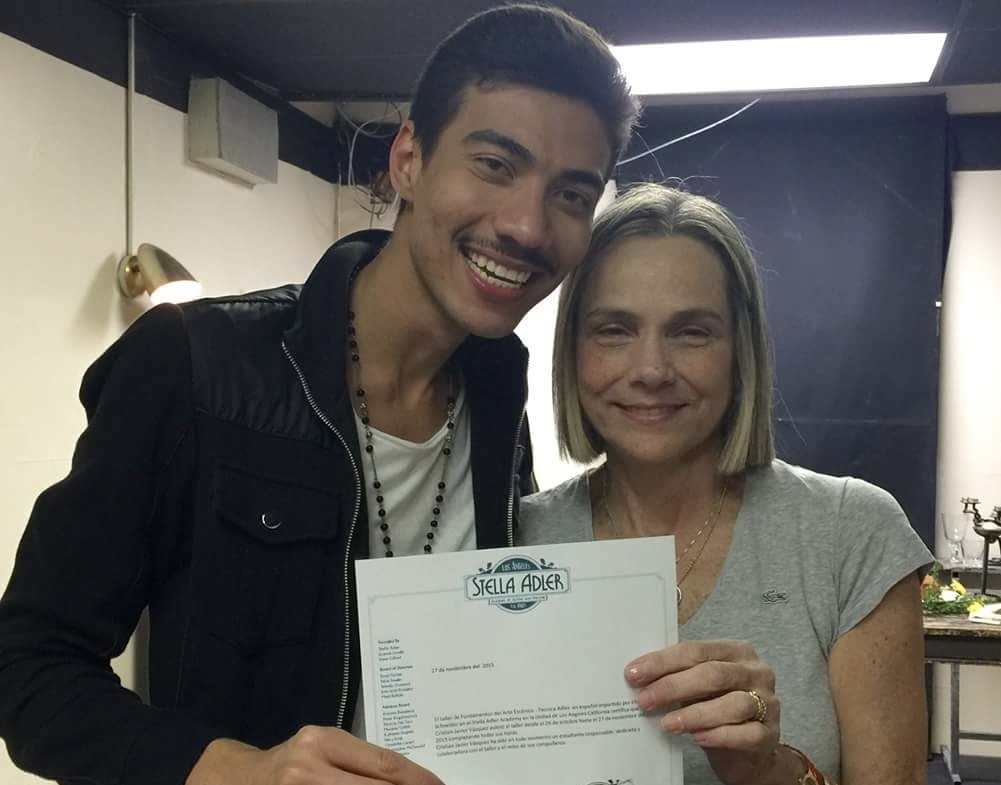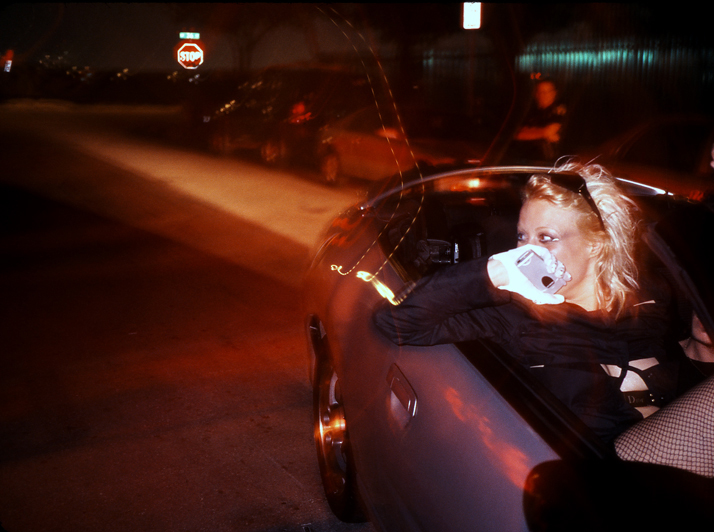(DOHA, Qatar)— Kenyan director Erick Mukiira has been in Qatar only three months and already he is staging a performance of Alfred Hitchcock’s “The 39 Steps” with Doha Players. Directing plays since 2007 all around the world, Mukiira is now in Qatar teaching drama at the International School of London. He spoke with The Click about his latest work and the struggle between art and censorship.
The Click: How would you introduce yourself?
Erick Mukiira: I hold a bachelor’s degree in drama and theater studies, and a master’s in theater and film technology. I’ve directed so many comedies in Kenya, Tanzania, India, and now in Qatar. This has been quite an amazing journey for me. It’s quite amazing how each culture is different, and the target audience expects a similar play but staged in a different manner in respect of the culture of the people in that country.
How did you get started on your artistic journey?
I joined the theater when I was very young, to write. Writing for me was a refuge from realism. Eventually it put me into acting as well. I started acting out my own pieces and acting out other people’s pieces of work. Later on, my directing started while I was in campus at university, and because I was intrigued by how you can take a script, read it, understand it, and then take a group of people and make them understand the script according to the way you want it to be understood, and train and change these people to actually live those characters in the story. And when you’re watching that performance, you feel like you’re part of that story, part of that performance. For me, that is just beautiful.
You mentioned working in different cultures, how different do you mean?
If you start in Kenya, they embrace different cultures. So you don’t have many boundaries with what you can stage, if you take a UK script, you can actually change the names of the characters and the names of the places in the script to suit the Kenyan location. So, when you look at the Qatar culture, there are words that you cannot say onstage. So once you get a script, you have to look at it and re-edit to suit the Qatar culture and to suit the Indian culture.
Where does the impetus to re-edit a script for the Qatari or Indian culture come from?
Censorship in Qatar, it’s a legal matter. The censors monitor the scripts that are going to be staged. In fact, you’re not allowed to use religious words. You cannot curse on stage in Qatar. So you’re going to remove the cursing words and replace them with others, even though it’s normal for human beings to cuss. If for example, a stone hits you, you’re definitely going to say something, but you see on stage in Qatar, we cannot curse because it’s forbidden. Theater and drama is a mirror, it mirrors what is already in society, stories come from society.
Do you think that censorship breaks the mirror that reflects society?
Yes. In Qatar, the stage will not 100% mirror exactly what happens in society. During WWI, and WWII, stage performances had a similar challenge, where you were not supposed to attack the government or attack or display the truth and secrets of the government on stage. So, many playwrights would use symbolism and metaphors to actually tell the truth. So, they would hide behind what they were talking about governments if you’re talking about war.
On a lighter note, you have been working on “The 39 Steps,” which will be performed in early November. It is your first play in Qatar. How has the process been so far?
First of all, I wanted to teach theater and also direct plays. When I came here, I heard about the censorship in the Ministry of Education. And I was told it would be difficult to stage performances with the school, because of so many barriers and hindrances. So I had to look for other ways to direct performances. I was told about The Doha Players, a group that is doing theater, and empowering theater in the country. I talked to one of the committee members, he said there is a play coming up, and they need a director. So having been given a script and reading it, I became interested.
I’d say that directing is not easy, especially if you’re dealing with people of different cultures [who] come from different countries. You see, I’m from Kenya, in Africa. We have people from the U.K., from Asia and we have people from the Middle East in the cast. You see how the temperament of each person and how they deal with problems is different. So then, as a director, you’re again pushed to deal with different calibers and temperaments and you have to understand people with their own culture, so that’s core for a director.


